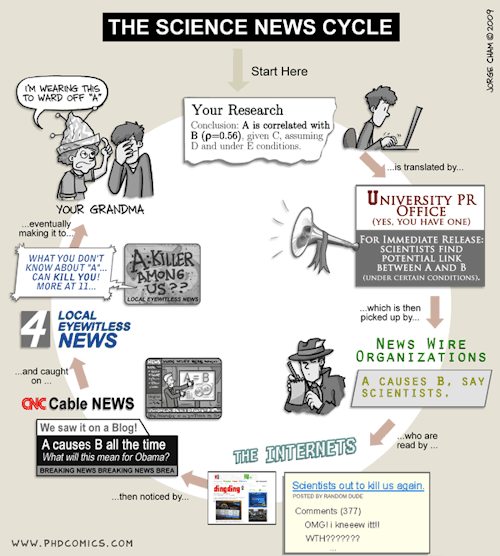Has the recent discovery of gravitational waves been reduced to dust? Not so fast.
The news that ripples in space-time, called gravitational waves, had been spotted stunned the physics community earlier this year. This week, rumours began swirling that the scientists who reported the find have now admitted to making a mistake. The team missed a key detail in its analysis of galactic dust, the rumours suggest, making it more likely that the signal came from a source other than gravitational waves.
But the team's response to this claim is unequivocal: "We've done no such thing," says principal investigator John Kovac at Harvard University. The validity of the discovery won't be known until another group either supports or opposes their finding, which could happen later this year.
In March, the BICEP2 collaboration announced that it had seen an imprint on ancient cosmic light that it says was created by gravitational waves. Those waves are thought to be products of inflation, a period of rapid growth during the first sliver of a second after the big bang. The finding was hailed as a smoking gun for the theory of inflation and as evidence that theories of a multiverse may be true.
Almost as soon as the buzz surrounding the discovery died down, doubts began cropping up. BICEP2's signal was based on the alignment or polarisation of the first light emitted in the universe, a mere 380,000 years after the big bang. But other things could mimic the signal created by this light, such as the ashes of exploding stars or dust in our own galaxy.
The BICEP2 team strongly ruled out some of these alternative explanations, but there are others it can't rule out yet. The first possible tiebreaker is expected to come from the European Space Agency's Planck satellite, which is set to release its own polarisation maps of the entire sky in October.
On 12 May, however, a rumour emerged on the physics blog Résonaances that the BICEP2 team has already admitted defeat. The blogger, particle physicist Adam Falkowski at CERN, says he has heard through the scientific grapevine that the BICEP2 collaboration misinterpreted a preliminary Planck map in its analysis. That map, presented at a conference, showed many possible sources of polarised light. The team reportedly used the map assuming that it only charted dust.
"The rumour is that the BICEP team has now admitted to the mistake," wrote Falkowski.
More at link: http://www.newscientist.com/article...over-credibility-of-big-bang-ripple-find.html
So is this a case of angry scientist who wished he made one the biggest discoveries in our lifetimes, or the case of overly zealous scientists announcing something too soon without proper verification? But at the same time I am not sure who to believe, I mean unlike video game rumors, these guys are all scientists, so I'd think they all have some credibility in this matter.
Also Im not sure on the rules for posting rumors like this outside of the videogame forum, so a mod if you think its not worthy of a thread please lock it.

